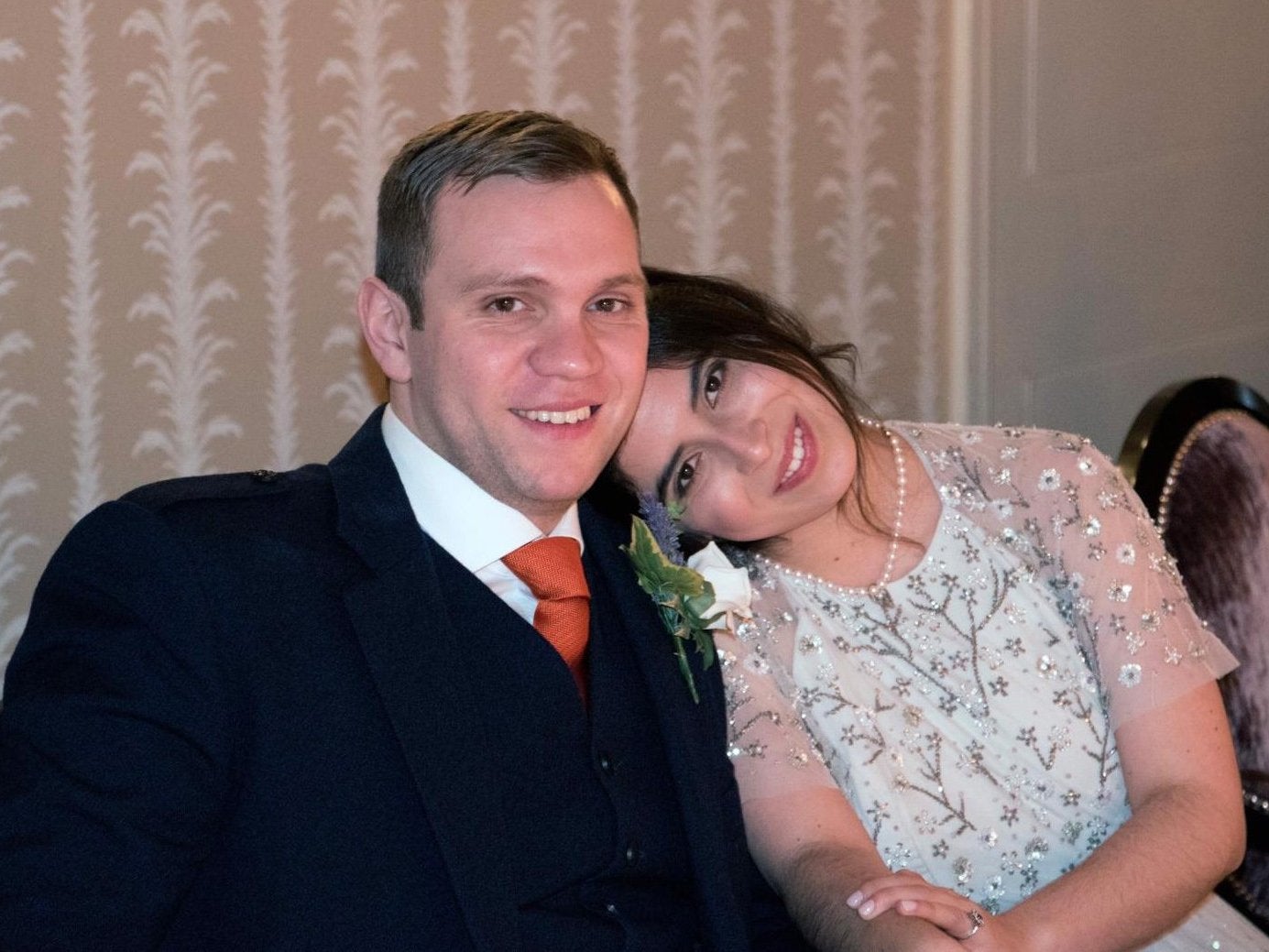Matthew Hedges' case should prompt the west to reconsider who its allies are
What, one wonders, do the princelings of the Gulf want for their countries' reputation abroad and stability at home?

Your support helps us to tell the story
From reproductive rights to climate change to Big Tech, The Independent is on the ground when the story is developing. Whether it's investigating the financials of Elon Musk's pro-Trump PAC or producing our latest documentary, 'The A Word', which shines a light on the American women fighting for reproductive rights, we know how important it is to parse out the facts from the messaging.
At such a critical moment in US history, we need reporters on the ground. Your donation allows us to keep sending journalists to speak to both sides of the story.
The Independent is trusted by Americans across the entire political spectrum. And unlike many other quality news outlets, we choose not to lock Americans out of our reporting and analysis with paywalls. We believe quality journalism should be available to everyone, paid for by those who can afford it.
Your support makes all the difference.Even if Matthew Hedges were some sort of spy – a notion universally regarded as preposterous by all who know this young academic – a life sentence would be an unduly harsh punishment for such an offence. The United Arab Emirates, and the government of Abu Dhabi, the emirate in which his trial took place, have publicly provided no evidence to corroborate their case, and it would have had to be grievous indeed – a clear and present danger to the security of the state – for such a sentence even to be contemplated.
It may well be, as the UAE states, that Mr Hedges’ case was considered over the course of one month and by three judges evaluating what they say is “compelling evidence” in three hearings. However, the sentence is disproportionate, and the trial, in an alien land with limited access to the kind of legal resources he would have at home, far from satisfactory.
Even states that boast the toughest methods for dealing with foreign agents – North Korea, Iran, or Israel, say – such a sanction as a life sentence is seldom used in earnest. Captives are used as bargaining chips. Even the terrorists sometimes set their hostages free. The UAE, avowedly a civilised state, proposes to have Mr Hedges, aged 31, die in jail.
If only for that reason, Mr Hedges has an undeniable case for clemency, and one that is being actively considered by the Emirati authorities. It is hardly surprising that his wife, Daniela Tejada, says he has been suffering suicidal thoughts and is in poor physical and mental condition. The prospect of being incarcerated at the pleasure of the emir indefinitely is, as it is reported Mr Hedges feels, terrifying. So it is time for the ordeal to end.
It would be insupportable even if he had been caught red-handed. As things stand we have an innocent man tried unfairly and landed with a prison sentence usually reserved for murder or acts of terror by a hostile regime or group. But Mr Hedges is a British citizen, and Britain is a long-term friend of most of the Gulf States, with sentimental, military and political ties dating back to their liberation from the Turks with British assistance a century ago.
Of course, the Hedges case again begs the question of how close the UK should be to the UAE and their allies in Saudi Arabia. Their woeful record on human rights is well known, and only highlighted by the plight of Mr Hedges. The way they have prosecuted their proxy war with Iran in Yemen has been universally condemned. It threatens perhaps the greatest famine in recorded human history – according to the United Nations agencies some 14 million are already dependent on UN food rations. As the “allies” – the Saudis and Emiratis – tighten their stranglehold on this dirt-poor nation the prospect of an unprecedented tragedy draw near.
What, one wonders, do the princelings of the Gulf want for their countries' reputation abroad and stability at home? The murder of Jamal Khashoggi, recorded in its entire grisly horror by the Turkish secret service, has inflated incalculable damage on Saudi Arabia’s image, even with her staunchest allies. So does the blockade of Qatar, and the sponsorship (official or not) of terror organisations throughout the region to pursue the feud with Iran (and the Iranians can be just as ruthless in their approach).
So it is greatly to the credit of foreign secretary Jeremy Hunt that the quiet, insistent, dignified diplomacy that he and his staff have exercised on the UAE has at least made the state look again at its actions. The coming days may being better news, but the time has come when the British, the Europeans and the Americans must also look to the way that they have supported these “friendly” governments. Even George W Bush and Condoleezza Rice, reaching back to a previous era of western foreign policy, thought that encouraging the Saudis and the UAE to adopt a more liberal and democratic way of life would benefit their own citizens and those around them. Now is the moment, with the rulers so badly embarrassed by events, that influence can be leveraged to maximum effect, starting with the question of the terms and conditions of the supply of arms.
Join our commenting forum
Join thought-provoking conversations, follow other Independent readers and see their replies
Comments